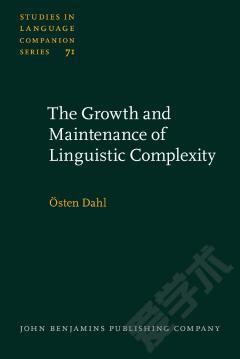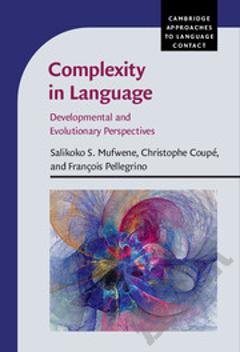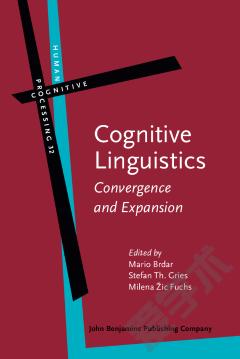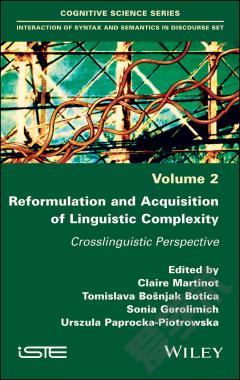The Growth and Maintenance of Linguistic Complexity.
This book studies linguistic complexity and the processes by which it arises and is maintained, focusing not so much on what one can say in a language as how it is said. Complexity is not seen as synonymous with “difficulty” but as an objective property of a system – a measure of the amount of information needed to describe or reconstruct it. Grammatical complexity is the result of historical processes often subsumed under the rubric of grammaticalization and involves what can be called mature linguistic phenomena, that is, features that take time to develop. The nature and characteristics of such processes are discussed in detail, as well as the external and internal factors that favor or disfavor stability and change in language.
{{comment.content}}








 京公网安备 11010802027623号
京公网安备 11010802027623号